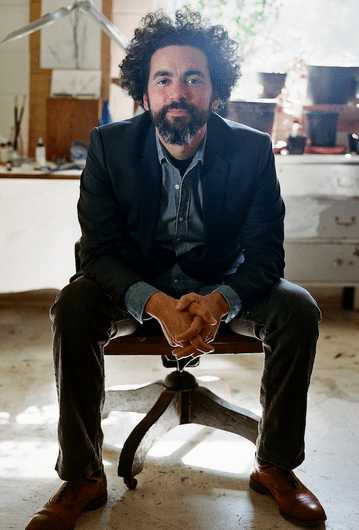 Very few evangelicals in Latin America are respected as much and none more than René Padilla, who is known for a holistic gospel (hence his genuine engagement with liberation theologies and classic orthodox theology) and an integrated sense of Christian mission in the world. He creates no artificial barrier between evangelism and social responsibility.
Very few evangelicals in Latin America are respected as much and none more than René Padilla, who is known for a holistic gospel (hence his genuine engagement with liberation theologies and classic orthodox theology) and an integrated sense of Christian mission in the world. He creates no artificial barrier between evangelism and social responsibility.
How does he understand the gospel, then? I’m using his Mission Between the Times: Essays on the Kingdom.
he most important questions that should be asked with regard to the life and mission of the church today are not related to the relevance of the gospel but to its content. To be sure, there is a place for the consideration of ways in which the gospel meets people’s needs in the modern world, but far more basic is the consideration of the nature of the gospel that could meet people’s needs. The what of the gospel determines the how of its effects in practical life (83).
Padilla rightly calls into question an approach to the gospel that works off of results rather than content. That churches are growing fast through evangelism doesn’t mean the gospel at work is the gospel of the kingdom. I’ll avoid names, but you can surely think of some examples.
The “historical background” is Isaiah, esp. Isa 40-66. I get what he’s saying but the OT is not the “background” to the gospel but the substance yearning for fulfillment.
Hence, first, the gospel is an eschatological message — that is, one that is announcing fulfillment in Christ. He points us to Mark 1:15 and the term kairos (a term overcooked by many, including Padilla, but which is forgivable since the substance is not affected). Padilla wants to operate with the Gospels rather than 1 Cor 15 but his view of gospel is very comfortable with 1 Cor 15. Hence, the gospel is about the confession of Jesus as Lord — Your God reigns (Isa 52:7).
Second, the gospel is a christological message. Padilla: Jesus is the gospel (91). He defines kingdom — he reduces kingdom I should say — to “the power of God active among people in his own person and ministry” (91). In my five-fold breakdown of kingdom (king, rule by redemption and governing, people, law and land) he has focused as the pleated pants folks do on rule by redemption. Very Laddian of him. The central events are the death and resurrection of Christ.
He moves then third to a soteriological message, namely, the gospel effects or creates salvation. Here he focuses as he does with kingdom on the saving power at work in and through Jesus. He approaches both a more expansive kingdom and gospel in these words:
The kingdom that Jesus brings is a realm of salvation, in which the blessings of the messianic age are available to the subjects in advance, a realm that people may enter now. His gospel is good news concerning a new soteriological order that has irrupted into history in his person and ministry and in which the Old Testament hope is fulfilled in an unexpected way. The content of the gospel was actually foretold by the prophets; what is new is that God himself is now ‘preaching good news of shalom by Jesus Christ” (Acts 10:36). This peace, shalom, points to a new order created by the Anointed One of God. It is “the year of the Lord’s favor,” and its proclamation itself is a sign that a new era has begun (see Luke 4:18-19, 21). (95)
My question: Is Padilla’s “realm” the same as the “soteriological order” or does “realm” bring in Israel/church as the people of the kingdom and gospel?
This salvation for Padilla includes salvation from consequences of sin, the power of sin, membership in the people of God, moral transformation, the gift of the Holy Spirit and is thus holistic. He puts it like this:
Salvation includes a complete restoration of man and woman as the image of God, made for communion with God, for fellowship with their fellow creatures, and for ruling over God’s creation (98).
Well, again, where’s the church in this? Is it implicit in “fellow creatures” or one part of “fellow creatures”?
The proper and needed response is repentance and faith.
I will look at his kingdom-church relation in a post soon.














